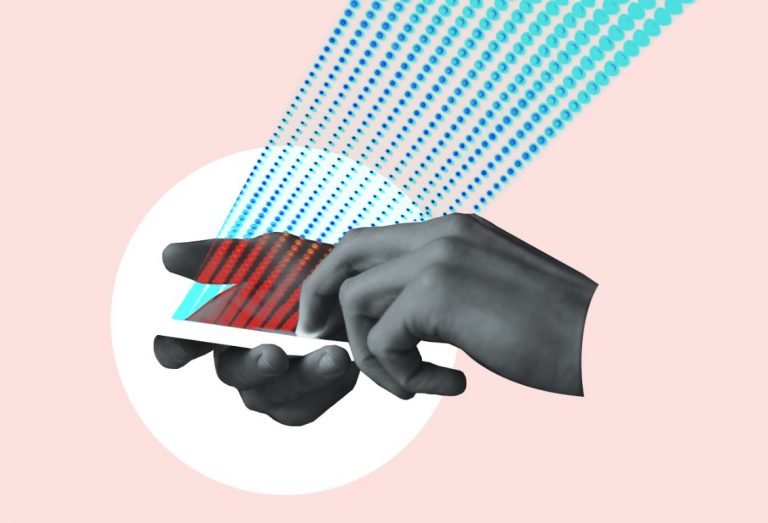Here are six tried and true ways to clean up your digital footprint right now.
1. Set up multifactor authentication
Many accounts as well as new apps, require multifactor authentication (MFA) to access them. Even if MFA is optional, it’s wise to enable it on all your accounts when available. One way to do this is to download an authenticator app, like Dashlane Authenticator, Google or Duo.
2. Get a password manager
Of course, we love to give this specific piece of advice—but the truth is, it can’t be overstated. For one, using a password manager prevents you from using easy-to-guess passwords or ones that you’ve already used dozens of times. There’s a chance that a password you used for a forgotten account is floating around the dark web, leaving your new, more important accounts just as vulnerable. A password manager is also more secure than storing passwords in your browser, which only keeps them safe so long as no one has access to your device. A password manager can hold infinite logins, generating a unique and strong password for each, so you never have to come up with or remember a password again.
3. Switch to a security-minded browser
We’re all familiar (maybe apathetically so) with the truth that our devices are tracking us, and that our browser history is never truly private. This can be somewhat remedied by using a different browser than popular go-tos. Firefox, for example, features the option to block all third-party cookies and trackers in settings (rather than manually clicking accept or decline on each page). Brave, a Chromium-based browser, has been lauded for its privacy features such as locally analyzing your online behavior rather than selling to third-parties, and only collecting aggregate user data so it’s not tied to a specific user.
4. Use a VPN
A virtual private network (VPN) keeps your IP address hidden—a wise idea for anyone using WiFi in a public place. If you’re working off of a public WiFi network at the airport or a coffee shop, for example, cybercriminals can monitor and manipulate your online activity. They might also create a fake WiFi network, making it possible to nab your personal data once you’ve connected. Without a VPN, hackers can even pull off a malware injection to your device. As an added bonus, VPNs can be useful for getting around content blockers in countries where certain websites are restricted.
5. Dark Web Monitoring
The dark web is used for many things, one of them being the anonymous trading and selling of sensitive data. From passwords to banking info, hackers profit off of our personal information in this underbelly of the internet. Though many of us may never dive in, we can automate Dark Web Monitoring to scan these murky waters for our compromised credentials.
6. Always be updating
As we mentioned before, both cyberattacks and cybersecurity are prone to evolve. A simple way to stay ahead of the game is to always download the latest version of your software—especially your browsers. Updates mean vulnerabilities have been patched up since the last version, giving hackers less of a chance to carry out a malware attack on your device.







